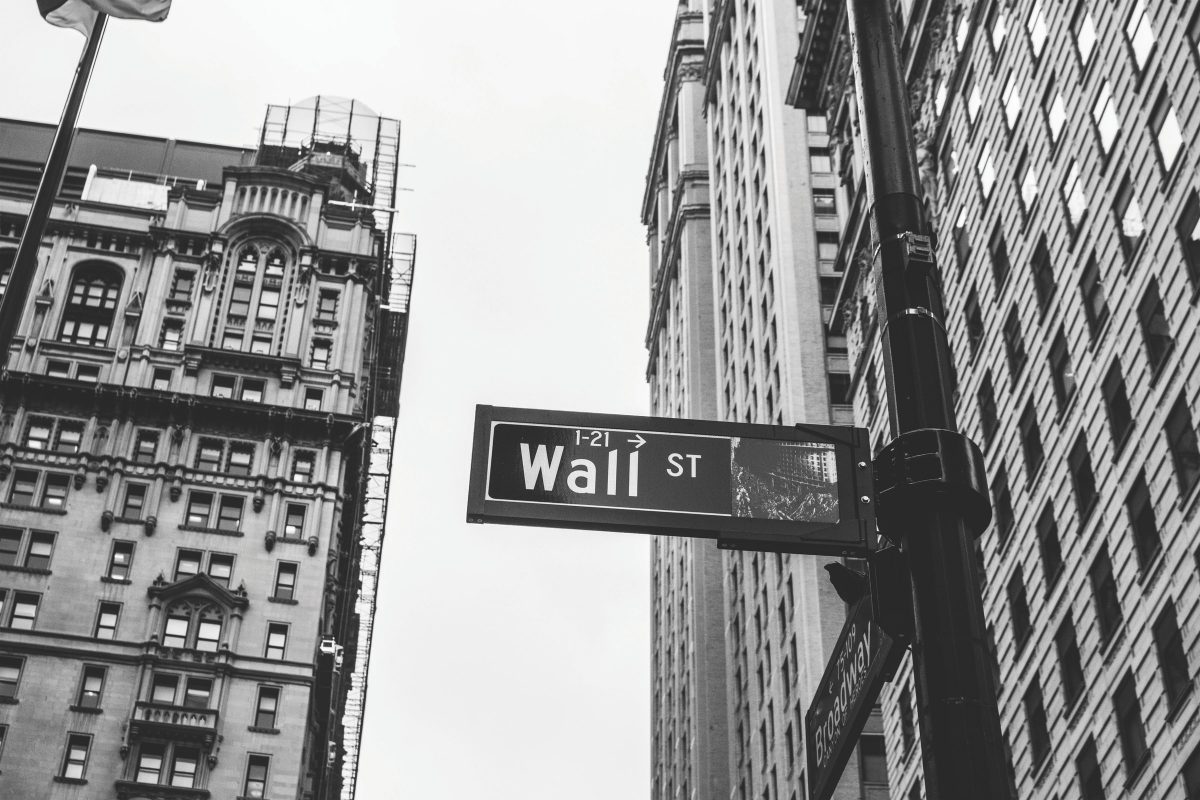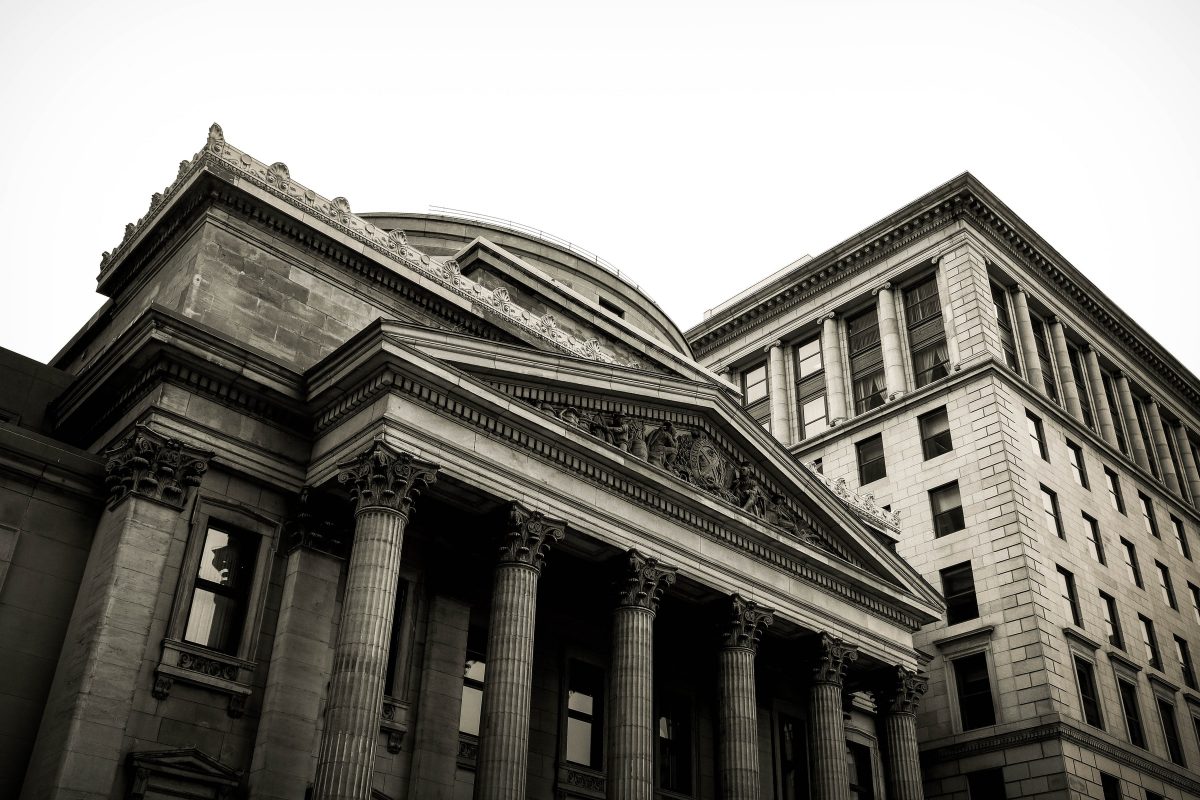Chinese secret police sought to extract information about Britain’s role in Hong Kong protests, Simon Cheng says.
A former officer at the United Kingdom’s consulate in Hong Kong accused Chinese secret police of torturing him in an effort to extract information about the UK’s role in massive anti-government protests in the semi-autonomous city.
Simon Cheng, a Hong Kong citizen, said he was hooded, beaten, deprived of sleep and chained to an x-shaped frame by plain-clothes and uniformed agents for 15 days in August.
Cheng said the agents sought information on activists involved in the protests and the role they believed the UK played in the demonstrations.
British Foreign Secretary Dominic Raab said Cheng’s allegations were credible and the treatment “amounts to torture”.
“I summoned the Chinese ambassador to express our outrage at the brutal and disgraceful treatment of Simon in violation of China’s international obligations,” Raab said in a statement.
“I have made clear we expect the Chinese authorities to investigate and hold those responsible to account.”
China’s foreign ministry responded angrily to the allegations and the summoning of the ambassador at a daily briefing on Wednesday.
Ambassador Liu Xiaoming will “by no means accept the so-called concerns or complaints raised by the British side”, ministry spokesman Geng Shuang said.
“The Chinese ambassador to the UK will lodge the complaints with the UK to express our strong opposition and indignation to the UK’s wrong words and deeds on Hong Kong in these days,” he added.
Geng did not address Cheng’s allegations directly, but cited a statement by police in Shenzhen from August saying his lawful rights had been protected.
He also said he had “admitted his offence completely” – an apparent reference to a confession of soliciting prostitution that Cheng denied and said was coerced.
Cheng worked for the consulate as a trade and investment officer with a focus on attracting Chinese investment in Scotland; a job which required frequent travel to the mainland.
He said he was detained at the West Kowloon high-speed railway station in Hong Kong after returning from a one-day business trip to Shenzhen.
Pro-democracy protests
Hong Kong’s nearly six months of protests began in opposition to proposed legislation that would have allowed criminal suspects in the city to be extradited to face trial in mainland China, where critics say their legal rights would be threatened.
While Hong Kong leader Carrie Lam has since withdrawn the bill, demonstrations have continued unabated with calls for greater freedom and China to honour the ‘one country, two systems’ framework that was the basis of Hong Kong’s return to China in 1997.
China says it does not allow suspects to be tortured or make false confessions, although both practices are believed to be common.
Cheng said he no longer works at the consulate and has fled to a third country where he intends to seek asylum.
“I won’t give up the fight for human rights, peace, freedom and democracy for the rest of my life, no matter the danger, discrimination and retaliation I will face, and no matter how my reputation will be stained,” Cheng wrote on his Facebook page.




